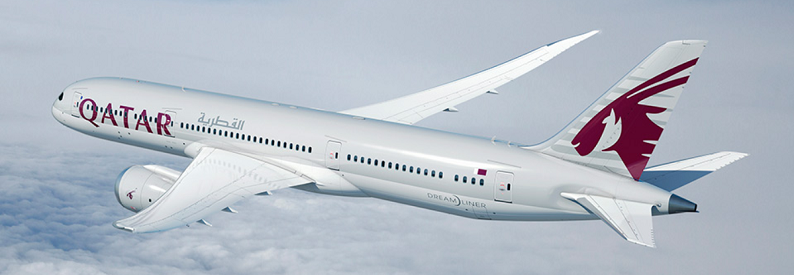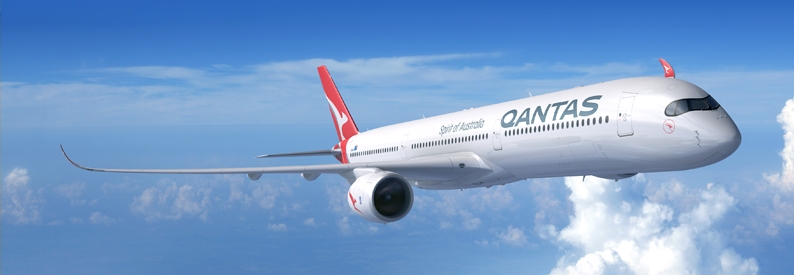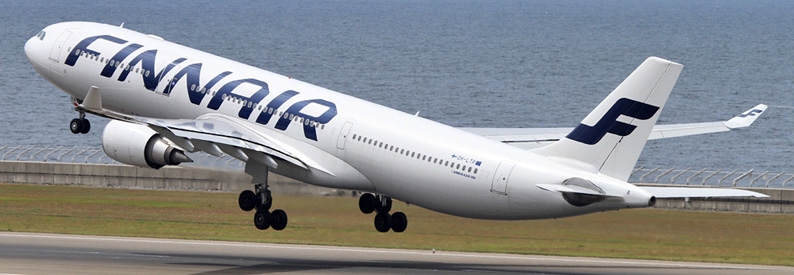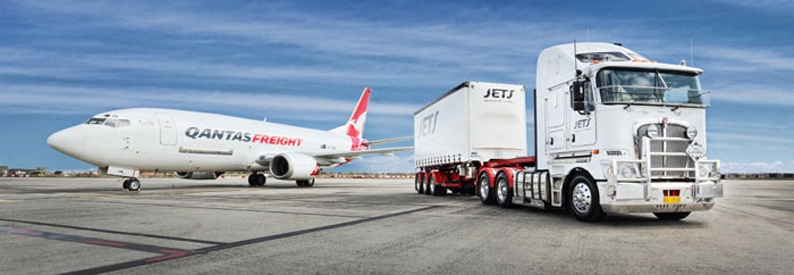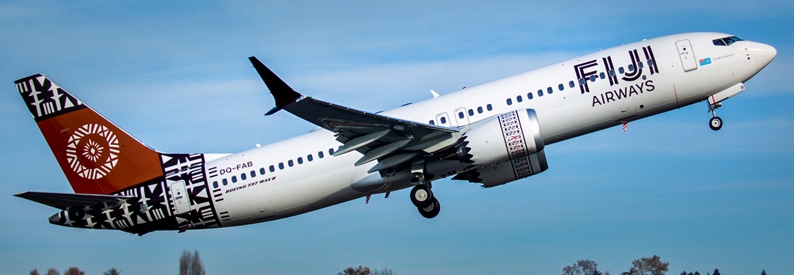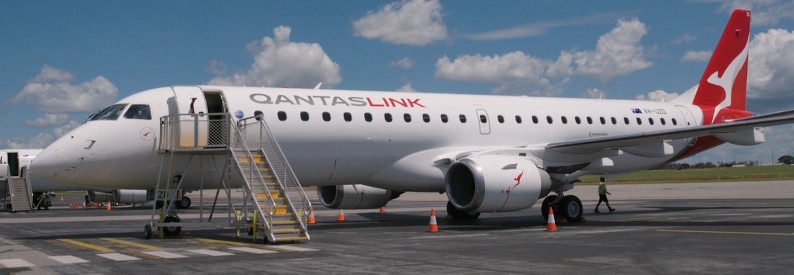The Australian Competition and Consumer Commission (ACCC) has tentatively rejected a joint business agreement (JBA) between Qantas (QF, Sydney Kingsford Smith) and JAL - Japan Airlines (JL, Tokyo Haneda), citing dubious benefits to the public.
"An agreement for coordination between two key competitors breaches competition laws. The ACCC can only authorise these agreements if the public benefits from the coordination outweigh the harm to competition. At this stage, we do not consider that Qantas and Japan Airlines’ proposal passes that test," ACCC Chair Rod Sims said.
The regulator stressed that before the COVID-19 pandemic, only three airlines served the Australia-Japan market. Besides Qantas and JAL, the third one was ANA - All Nippon Airways. Considering the scant number of competitors, the ACCC determined that the proposed cooperation would "undermine competition significantly by reducing the prospect of a strong return to competition on the Melbourne Tullamarine-Tokyo and Sydney Kingsford Smith-Tokyo routes when international travel resumes".
Sims stressed that this "would benefit the airlines at the expense of consumers".
And while the authority agreed that the cooperation could have short-term benefits as it would allow the two airlines to restart flights between Australia and Japan more rapidly, it then determined that these short-term benefits would be thwarted by long-term damage to competition. In particular, the cooperation would strengthen the dominant position of the two airlines and make it more difficult for other carriers to enter the market.
"We have been willing to be flexible in granting limited exemptions from competition law during this time of severe economic impact on the travel sector due to COVID-19. However, we must ensure that this doesn’t open the door to anticompetitive agreements that significantly harm competition in the medium to long term," Sims stressed.
The decision is tentative and open for comments through May 27, 2021.
The two Oneworld carriers submitted a proposal for their JBA on December 18, 2020. The application covered all of their services between Australia and New Zealand on one side and Japan on the other. The airlines argued that the JBA would allow them to reinstate services quicker and more predictably, as well as add more frequencies and potentially new routes, including between Australia and New Zealand, thanks to a more significant flow of connecting passengers.
Qantas said that it was disappointed with the tentative ruling and would file comments, hoping to sway the ACCC's final decision.

